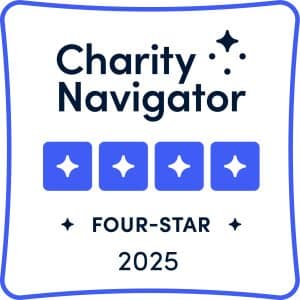When Roslyn Palmer, president of Temple Beth-El in Bainbridge, Georgia, first met with Noah Levine to learn about the Jewish Community Legacy Project, the ravages of time had already diminished her once-vital Jewish community.
Bainbridge, in southwest Georgia, began as a Native American trading post. The town was officially established in 1824 and was named after U.S. Navy Commodore William Bainbridge. He was commander of the U.S. Constitution, popularly known as “Old Ironsides,” in the War of 1812.
Jews first settled in Bainbridge after the Civil War. Organized Jewish life followed, with charitable associations and meetings in homes and the establishment of a religious school. The community came together to formally establish Temple Beth-El in 1902.
Jewish residents of Bainbridge were active participants in the civic life of this small city that, according to one longtime resident, felt like a “real-life version of television’s Mayberry.” People of all faiths attended the dedication of Beth-El’s building in 1916.
And as in similar places throughout the years, younger generations rarely returned after college to take over the parents’ businesses.
Roslyn Palmer and her board of directors recognized they needed to consider the future of their beloved congregation. A legacy plan was in place by the winter of 2019.
The JCLP model of engaging all members of the congregation under strong leadership helped perpetuate the legacy of one of Georgia’s Jewish historical landmarks.
“Beth-El can take great pride in its legacy plan,” says Noah Levine. “The temple documents have been preserved; oral histories have highlighted the memories and reflections of longtime members; donations will benefit both the community of Bainbridge and Jewish interests; perpetual care of the cemetery is ensured.”
Temple Beth-El’s deeded section of historic Oak City Cemetery is one of the oldest Jewish cemeteries in the state. Members gathered there in mid-April to realize one of the details of the plan—bury religious books.
In an emotional ceremony, Roslyn Palmer described what they were doing in compliance with the Jewish tradition of giving sacred, but no longer usable, books the same respect given to people.
“These books that once were held in the hands of those who are buried here, as well as in our own hands, will not be held by future generations because the days of Temple Beth-El itself are ending,” she said to the assembled group. “If these pages could talk, what tales they could tell of the people who once held them…of the holidays and celebrations that they saw within the walls of Temple Beth-El.”
They then recited the Mourner’s Kaddish.
With the synagogue building sold, history documented, congregational assets distributed according to the traditions and wishes of the membership, and books buried, Temple Beth-El ceased to exist as a formal congregation.
Remaining members may return to the practices of their forebears by meeting in each other’s homes.
The ceremony ended with Roslyn Palmer saying, “Let us move forward from this place in remembrance of what has been, in celebration of what we as a congregation have provided to Bainbridge.”
Everyone responded with a rousing “Amen!”
Temple Beth-El at twilight
May 12, 2022
